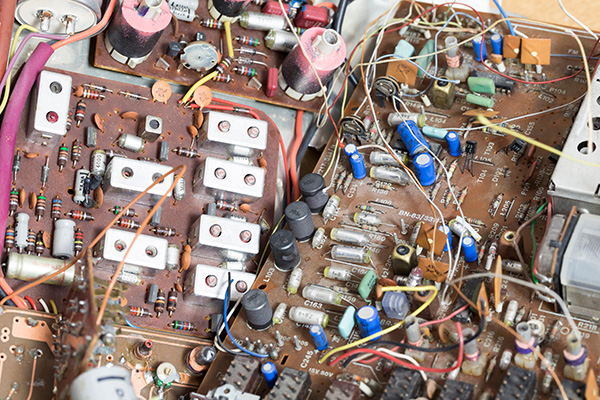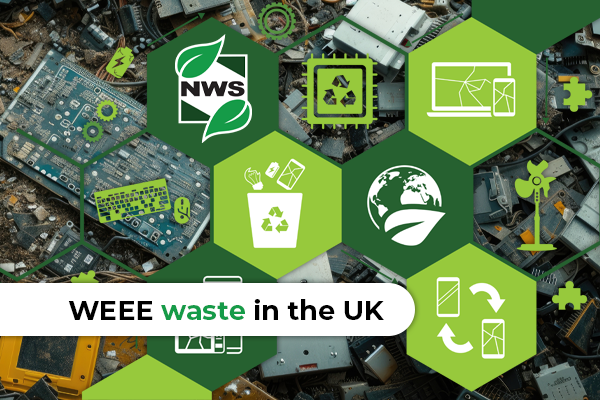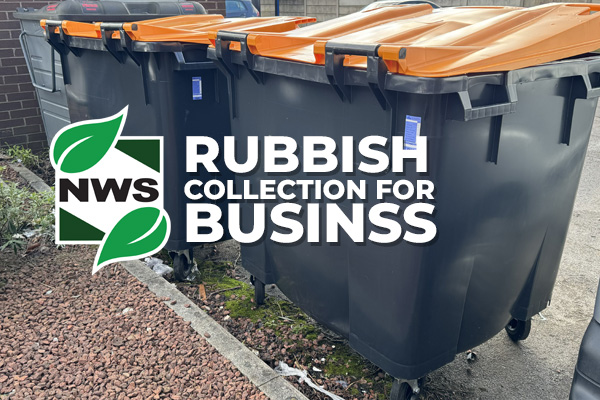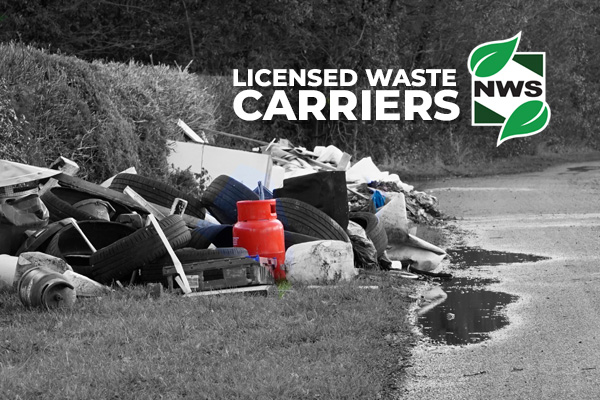In the United Kingdom, businesses are subject to the Waste Electrical and Electronic Equipment (WEEE) Regulations, which govern the disposal and recycling of electrical and electronic equipment. These regulations were established to reduce the environmental impact of electronic waste and encourage its proper recycling and disposal. Here are the key legal obligations of businesses in the UK concerning the disposal of WEEE waste:
1. Registration:
- Businesses that sell electrical and electronic equipment (EEE) are obligated to register with the appropriate environmental agency. In the UK, this is the Environment Agency in England, the Scottish Environment Protection Agency in Scotland, the Natural Resources Body for Wales in Wales, and the Department of Agriculture, Environment and Rural Affairs in Northern Ireland.
2. Producer Responsibility:

- Producers of electrical and electronic equipment (including importers and rebranders) are responsible for financing the collection, treatment, recycling, and environmentally sound disposal of WEEE waste.
- Producers must join an approved Producer Compliance Scheme (PCS) or make their own arrangements to meet their obligations. These schemes help businesses meet their responsibilities by organizing the collection and recycling of WEEE waste.
3. Collection and Recycling:
- Businesses must ensure that WEEE waste is collected separately from other waste streams to facilitate proper recycling and treatment.
- WEEE waste should be sent to authorized treatment facilities (ATFs) or approved Authorised Approved Treatment Facilities (AATFs) for recycling. These facilities are equipped to handle electronic waste in an environmentally responsible manner.
4. Record Keeping:
- Businesses are required to maintain records of the electrical equipment they produce or sell, including details about the quantities placed on the market and the arrangements made for its treatment and recycling.
- Records should be kept for a specified period (usually four years) and made available for inspection by regulatory authorities upon request.
5. Compliance with Collection Targets:
- Producers must comply with annual collection targets set by the government. These targets specify the minimum percentage of the average weight of electrical equipment sold that must be collected for recycling.
6. Public Awareness about Waste Electrical and Electronic (WEEE) Regulations:
- Businesses are encouraged to provide information to the public about WEEE recycling, including guidance on how to recycle their old electronic equipment.
- The “crossed-out wheeled bin” symbol on electrical products indicates that the product should not be disposed of in the general waste bin but should be taken to a recycling facility.
Non-compliance with the WEEE Regulations can lead to financial penalties and legal consequences. Therefore, it is crucial for businesses in the UK to understand and adhere to their obligations regarding the disposal of WEEE waste to promote environmental sustainability and comply with the law. Speak to our team about WEEE waste solutions.









